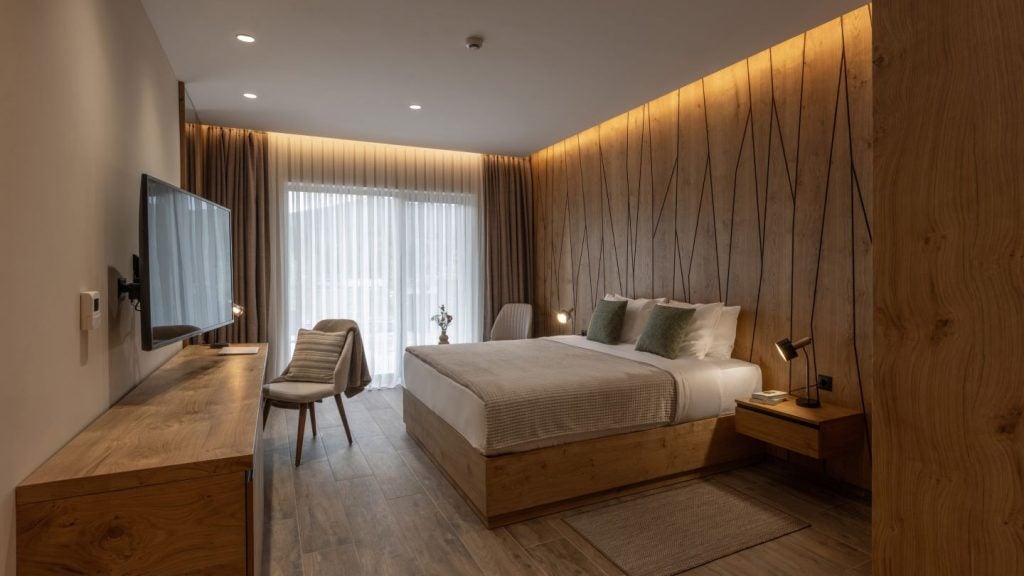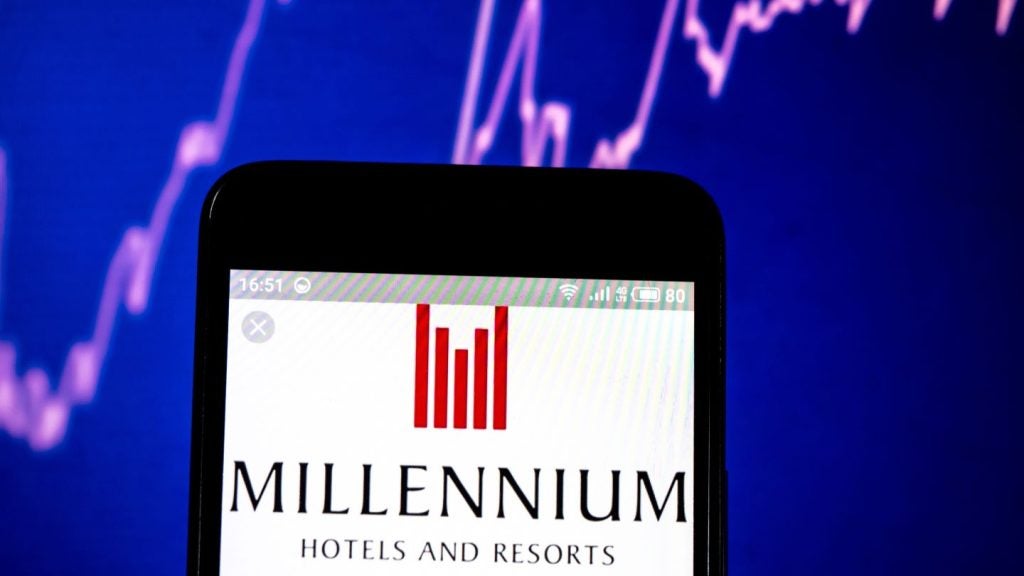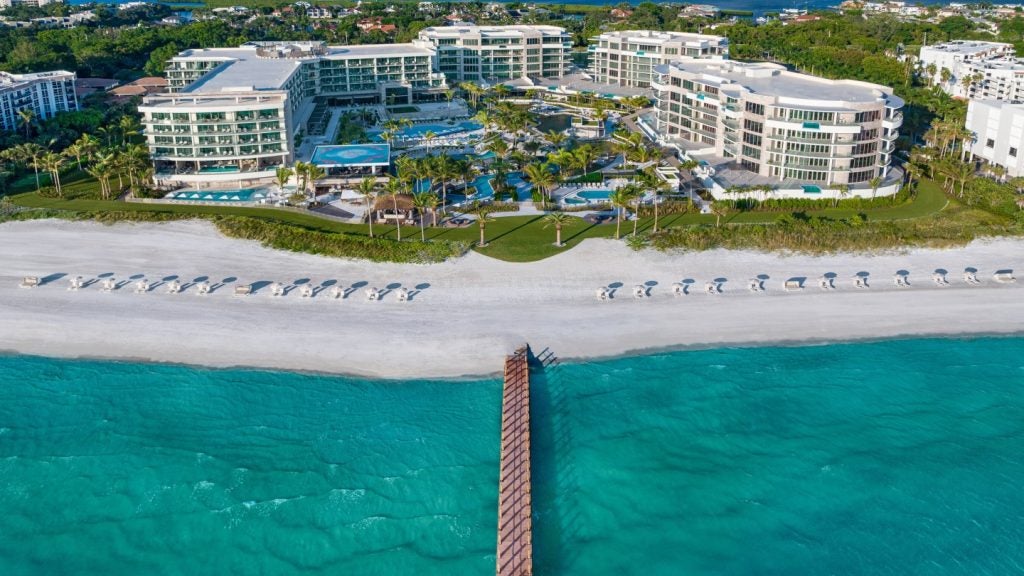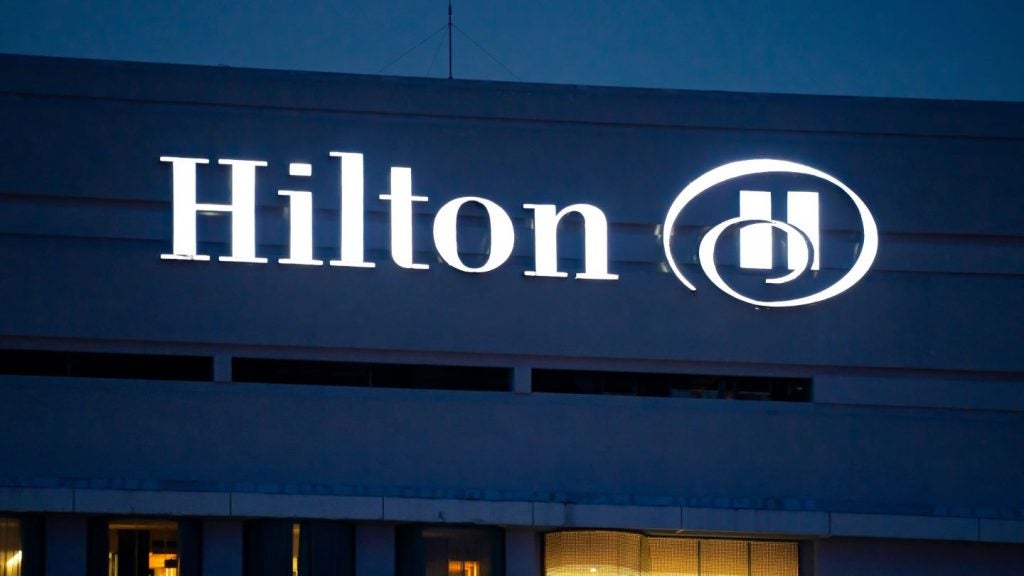
The hotel business has seen strong movement towards sustainable practice over the past decade, driven by a number of factors, some better understood than others.
The visible impact of global warming and rising energy prices has made reducing waste a clear priority for hotels and their guests. But whereas the change in attitude among hoteliers has been relatively aligned, the priorities and attitudes of guests are, it is assumed, much more splintered and difficult to ascertain.
The global nature of the hotel industry means that new sustainable practices are generally adopted across portfolios. Yet how much do these green initiatives matter to a guest in China, compared with one in Australia? Or a guest who frequents high-end hotels as opposed to one who prefers the budget sector?
In order to shed some light on this, Accor published the results of a survey aimed at finding out what guests think about sustainability and how these views differ across demographic groups. This project represented the launch of the French hotel group’s Earth Guest Research platform, designed to facilitate the sharing of information on environmental and social issues across the hospitality sector. The results were surprising.
Support for sustainability
According to the survey, which took into account the opinions of 7,000 hotel guests across six major developed and developing markets, young, male business guests who tend to stay at budget hotels are most concerned about sustainable development. In addition to this, and contrary to popular belief, environmental issues were found to be a bigger concern among men (82%) than women (72%).
Perhaps the most interesting finding, however, is the relative homogeneity of opinion across geographical boundaries. Sure, Brazilian guests had different priorities to their Chinese counterparts, with the latter ranking health and well-being more highly than local economic development, but nearly 80% of respondents claimed to understand the concept of sustainable development, with a strong global consensus emerging on water, energy and waste.
How well do you really know your competitors?
Access the most comprehensive Company Profiles on the market, powered by GlobalData. Save hours of research. Gain competitive edge.

Thank you!
Your download email will arrive shortly
Not ready to buy yet? Download a free sample
We are confident about the unique quality of our Company Profiles. However, we want you to make the most beneficial decision for your business, so we offer a free sample that you can download by submitting the below form
By GlobalDataAccording to Denise Naguib, corporate director, environmental programmes at Marriott, this guest-side interest in sustainability vindicates and further encourages the strategies employed by her organisation and its competitors in recent years.
“We’ve had to be smart about how we plan for the future from a customer perspective,” she explains. “Guests, particularly top business customers, are pushing their focus on sustainability down through the supply chain. We want to execute this as best we can across all our markets.”
Marriott’s ten-year sustainability strategy is one of the most comprehensive in the sector. It comprises five goals, the first of which is to bring about an ambitious 25% reduction in energy and water consumption compared with 2007 levels. While operational efficiencies will play a key role in achieving this, Marriott’s LEED volume build scheme will prove equally important.
The LEED model
Now coming to encompass more than 7,000 building projects in the US, the US Green Building Council’s (USGBC) LEED certification programme has become the model for all the major emerging markets, making it easier to compare the efficiency of buildings regardless of location.
“It’s very difficult for people to understand what different regional ratings mechanisms do, so some uniformity has value from this perspective,” says Scot Horst, senior vice-president of the LEED programme. “Things don’t really vary that much from country to country. An arid climate in China is similar to an arid climate in Texas and we want our rating system to address this consistently on a global basis. “Although LEED has offered developing markets a benchmark against which they can measure their movement towards a sustainable footing, introducing green building technologies and practices can still prove a challenge.”
“What green buildings are designed to do is optimise the difference between energy savings, the health of occupants and the quality of the air inside,” Horst explains. “When air quality is poor, as it is in some developing markets, saving energy is a challenge because you are continuing to bring poor quality air into the space. To filter that air and make it cleaner for the people in the building requires more energy, so that trade-off is a challenge in these markets.”
Hotels also risk developing at a rate too fast for their surrounding infrastructure to keep up. As a result local exceptions often have to be made to ensure compliance with LEED standards and to aid the general adoption of sustainable practice. “A lot of places just don’t have the infrastructure to execute a sustainable development plan as effectively as others,” Naguib explains. “Markets sometimes don’t support recycling or the purchase of renewable energy, even though guests may be pushing for it. Also, some of LEED’s minimum requirements simply don’t make sense in other markets.
“They may be based, for example, on US energy management standards or comparable buildings in another market. These variations have to be taken into account or compliance becomes an impossibility, which defeats the purpose. At the same time, operational efficiencies can help make up the shortfall.”
Operational efficiency
The term operational efficiency is a broad one for Marriott, encompassing everything from choosing the greenest suppliers to engendering an environmental consciousness in employees and guests alike. Goals two and four of Marriott’s ten-year strategy are aimed at the latter, making sure the importance of sustainability is fully understood by all parties.
“It is important that suppliers, guests and associates all understand what we are trying to do so they can help with our efforts,” Naguib says. “Because of our size and distribution, we have the ability to really leverage our buying power and push suppliers to help us get to where we want to go. On the guest side, something as simple as reusing linen will not be effective unless customers understand what we are trying to do and how they can act on it.”
Horst shares this view, believing the hotel business by its very nature can play a special role in encouraging the adoption of a greener approach. “We all know about water use and towels because we go into hotels and they have told us it’s an issue. Offices can do the same, to some degree, if they have strong corporate governance.
“I’m in an airport right now. The lights are blazing and it’s the middle of the day. There is no sense of ownership in this place. “Marriott believes this sense of ownership must not just be engendered on an individual basis. Although unable to elaborate at this point in time, Naguib refers to a global initiative currently in the offing aimed at further aligning sustainable practices across the hospitality sector
“There are certain areas that we don’t view as competitive advantage points, but rather areas in which we should move the needle collectively,” she explains. “It is in terms of execution that the competitive edge can be gained. We are all aligned around certain processes, but it’s about who can do it best.”
The spirit of competition
Horst, while accepting the need for industry-wide movement, believes that a bit of healthy competition would be no bad thing. His hope is that a few front-runners can breed the kind of competition that emerged in the banking sector during the early part of the last decade, which did much to promote sustainability as a genuine selling point. “Some of the hotels that banned smoking early on were afraid they were going to lose customers,” he explains.
They actually started to gain customers. People weren’t necessarily asking for the ban, but it turned out that they liked healthier spaces. In the banking industry LEED became a strong differentiator. What started with PNC Bank was adopted by Bank of America and then others. We’d like to see the same thing in the hospitality industry.
A shift in emphasis is taking place, one that is borne out by the findings of the Earth Guest Research platform. When asked who should take most responsibility for encouraging sustainable practice, non-governmental organisations came bottom of the list – a noteworthy change. The onus is now on the guest, hotel operator and government to make sure that the move towards more sustainable practice continues apace.







